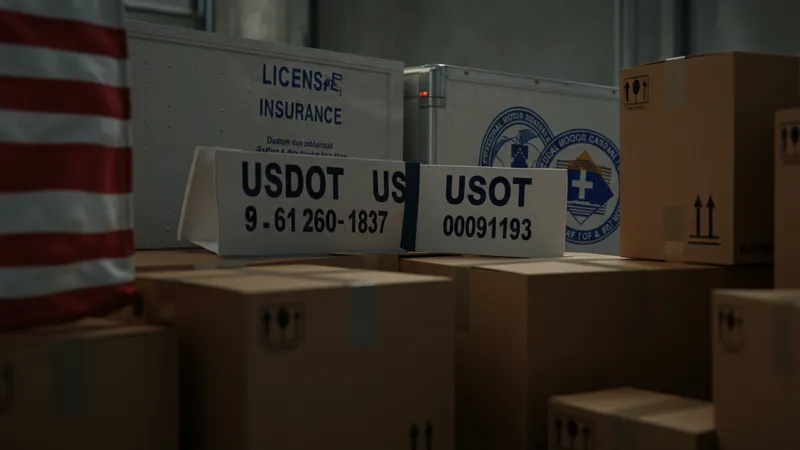
What To Ask A Moving And Relocation Service Before Hiring
Licensing, Insurance, and Legal Protections for Moving Services in the United States
Licensing and insurance are the backbone of trust in any U.S. moving company. Federal law requires all interstate movers to register with the Federal Motor Carrier Safety Administration (FMCSA), displaying a valid USDOT number. When evaluating movers, confirm this registration independently using the FMCSA’s online resources. Lack of licensing is a red flag that no customer should ignore, as unlicensed movers operate outside the law and offer little recourse if something goes wrong.

Insurance coverage provided by moving companies must be clearly spelled out before any contract is signed. Most legitimate services, such as United Van Lines and Allied Van Lines, offer options ranging from basic Released Value Protection (often included at no charge but with limited coverage) to Full Value Protection, which may involve additional costs but provides far greater compensation for loss or damage. Understanding your rights under these policies ensures you’re not left uncovered.
Some states, like California and New York, require additional registration or offer consumer protection resources for intrastate moves. These regulations add a valuable layer of protection, so be sure to check both federal and state requirements when moving within or out of state lines. Failing to ask about or verify these can result in loss or denied claims if things go wrong during the move.
Even with thorough legality checks, not all coverage is equal. Ask the company to detail exactly how claims are handled, including response times and the process itself. This transparency helps identify movers who stand behind their service versus those that might evade responsibility when issues appear.